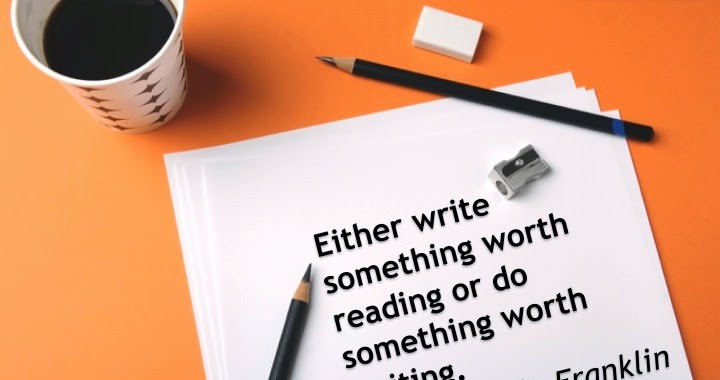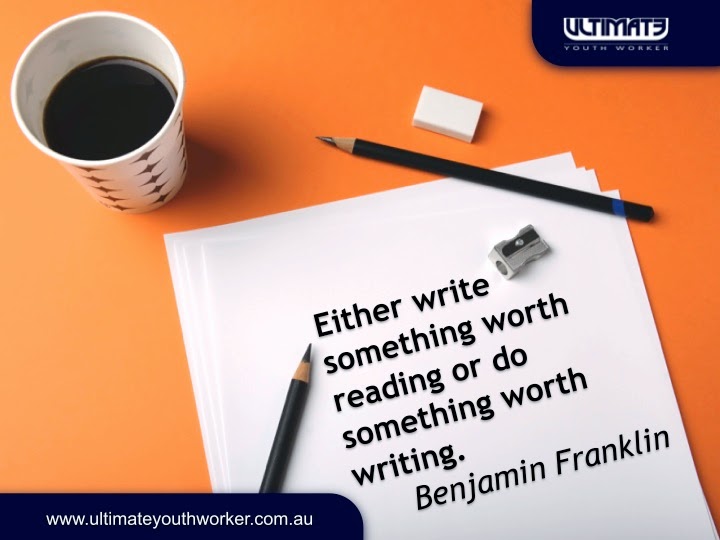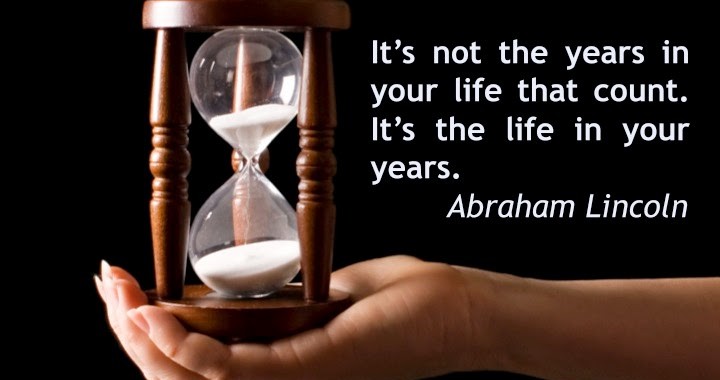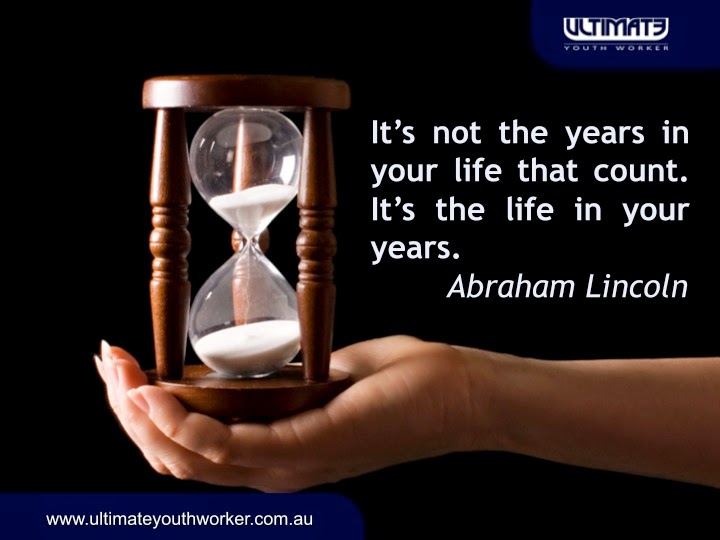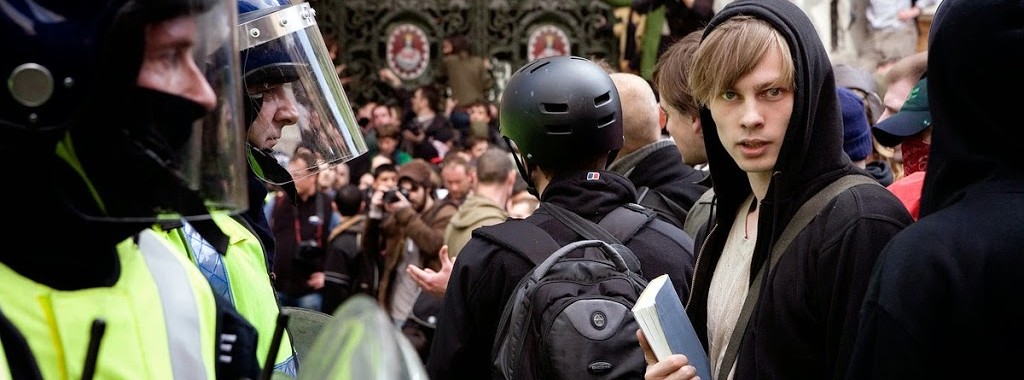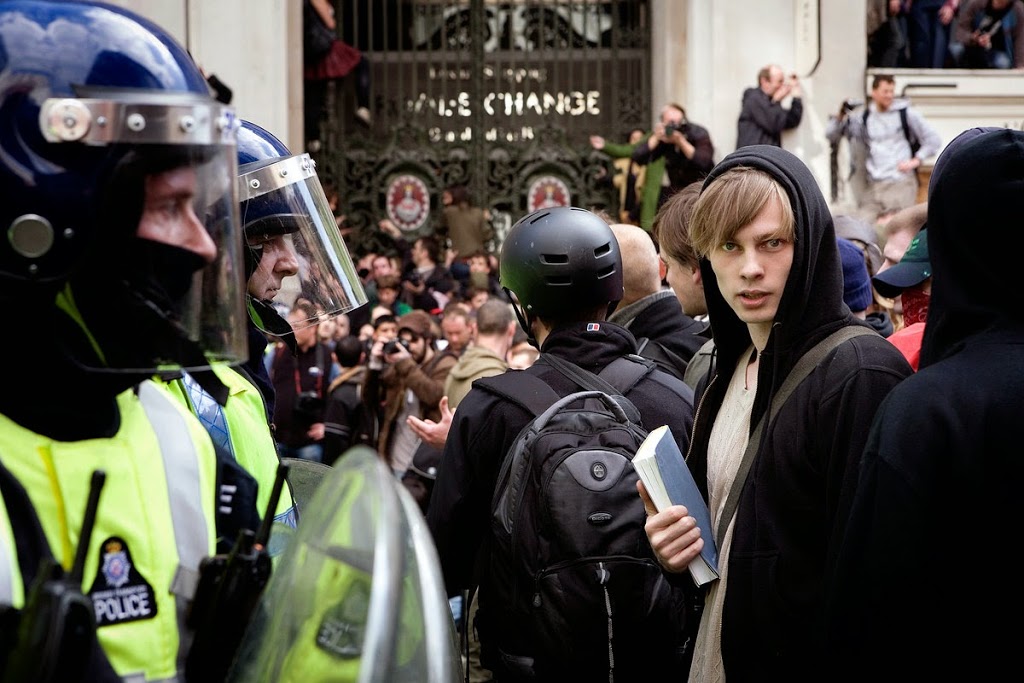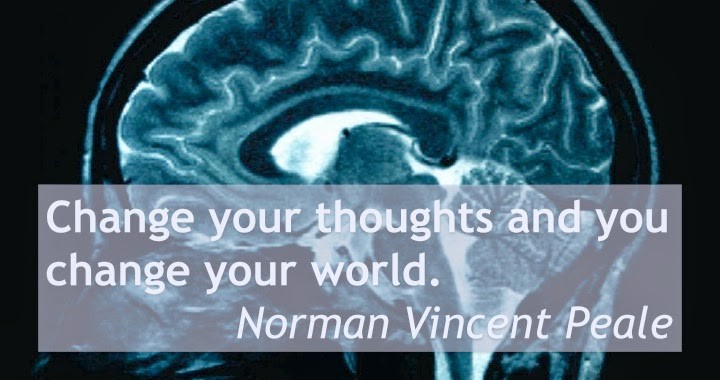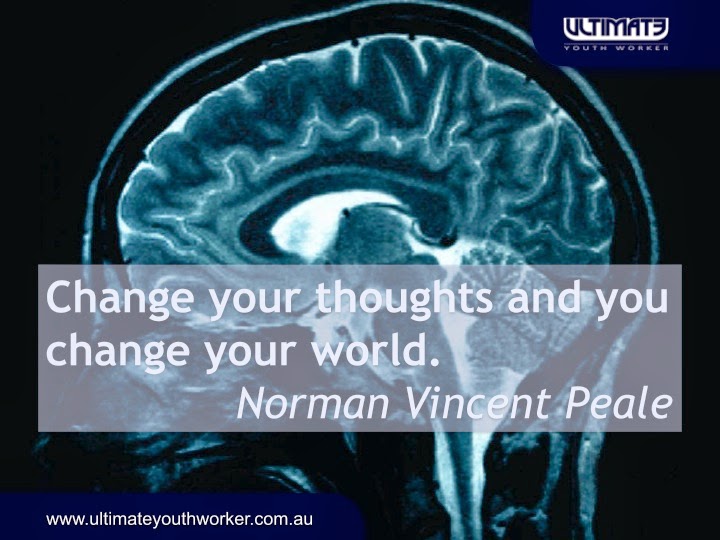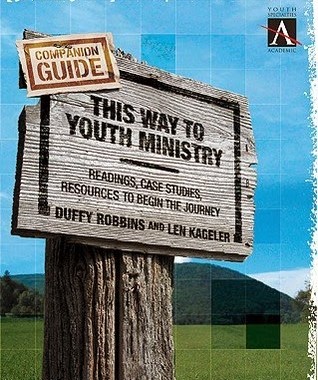Tag Archives: Youth Ministry
Relational youth work.
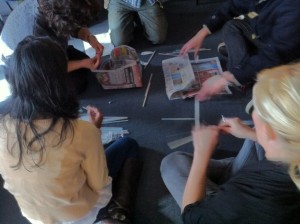
Sign up to our newsletter for more thoughts on deep engagement.
Youth worker self-care: Meditation
 Self care through meditation
Self care through meditation
- It increases the synchronicity in your life
- It helps living in the present moment
- It increases self-actualisation.
- Provides peace of mind, happiness
- Decrease in potential mental illness
- React more quickly and more effectively to a stressful event.
- Helps with focus & concentration
- Increases serotonin level, influences mood and behaviour.
- Greater Orderliness of Brain Functioning
- Improved flow of air to the lungs resulting in easier breathing.
- Enhances the immune system.
- Reduces activity of viruses and emotional distress
- Helps in chronic diseases like allergies, arthritis etc.
- Leads to a deeper level of physical relaxation.
- It increases blood flow and slows the heart rate.
As a youth worker, these are all skills I could use more of everyday. Meditation is one of those skills I have tried before but never implemented as a long term ritual. After looking into the benefits of meditation I can’t believe I let it go without a bit more of a fight. Meditation fit within all areas of our self care plan and affects all areas immensely. Meditation is great.
Join us on Facebook for more thoughts.
We need older youth workers!
Adolescent brains are awesome.
Adolescent brains
I love TED talks! There is nothing quite as awesome as a snippet of bite sized informative goodness wrapped in a video. TED talks make us think very differently about the world we live in. They help us to dream and learn and hope for the future. One area in whichTED talks have enriched my work is in understanding brain development.
Sarah-Jayne Blakemore is Professor of Cognitive Neuroscience at the Institute of Cognitive Neuroscience, University College London. Her research covers the development of social cognition and decision-making during human adolescence. She is Co-Director of the Wellcome Trust PhD Programme in Neuroscience at UCL, Editor-in-Chief of the Developmental Cognitive Neuroscience journal and was a scientific consultant on the television documentary “The Human Mind” in 2003. She is a member of Royal Society BrainWaves working group for neuroscience and the Royal Society Vision Committee for Maths and Science Education.
In this Talk Prof. Blakemore brings us an animated look at the inner workings of the adolescent brain. Much of what we have thought about brain development over the past few decades is slowly being re-thought. With the advent of Functional Magnetic Resonance Imaging (FMRI) we are beginning to see the inner workings of the brain while the brain is working. We don’t have to wait for a person to die to cut into their brain to see whats inside.
We now know that the period of adolescence sees a significant growth in grey matter. A growth spurt to provide the space for the significant intellectual growth that occurs during these formative years. Particularly the growth in the prefrontal cortex, the brains reasoning centre, seems to increase during this stage. Anyway, enough from me. Over to Professor Blakemore for more interesting insights into adolescent brains.
For more on great youth work follow us on Facebook.
Why young people need youth work more than ever.
Young people need youth work
We must change our thoughts in youth work.
Why are you a youth worker?
Mandatory reporting of abuse for youth workers may be a thing of the past.
We have spoken a number of times about the duty of care that youth workers hold to report abuse. In Victoria, youth workers are currently not mandated by legislation to report abuse. However this looks like it will change very soon. In a move to enact recommendations of the Victorian enquiry into child sexual abuse two pieces of legislation are set to be tabled. These pieces of legislation will require all adults to report abuse under threat of jail time if they do not.
See the news article here: http://www.abc.net.au/news/2014-03-25/failure-to-report-child-sexual-abuse-will-lead-to-jail-term/5343960
We at Ultimate Youth Worker applaud the Victorian government for this move and hope that it comes with the substantial resources required to follow up on the reports to come.
Professional development for Youth Ministers about youth work.
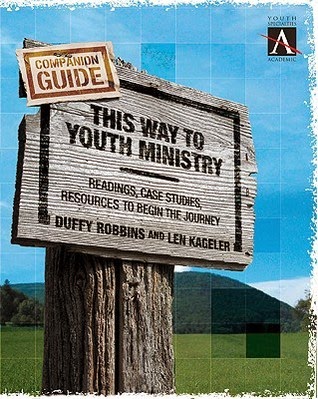 We know that a significant number of our readers are youth ministers who are seeking to develop a deeper understanding of young people and youth work. We commend this endeavour. One of the slurs thrown at youth ministry is that it is little more than games and coffees… We disagree wholeheartedly. Youth work in a church context has become more and more complex over the years. More youth ministry professionals have sought to bring the training of youth ministers in line with their secular counterparts injecting developmental and psychological understanding into the theological context.
We know that a significant number of our readers are youth ministers who are seeking to develop a deeper understanding of young people and youth work. We commend this endeavour. One of the slurs thrown at youth ministry is that it is little more than games and coffees… We disagree wholeheartedly. Youth work in a church context has become more and more complex over the years. More youth ministry professionals have sought to bring the training of youth ministers in line with their secular counterparts injecting developmental and psychological understanding into the theological context. 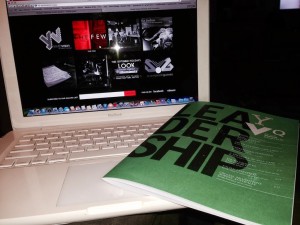 |
| YVQ February 2014 |
